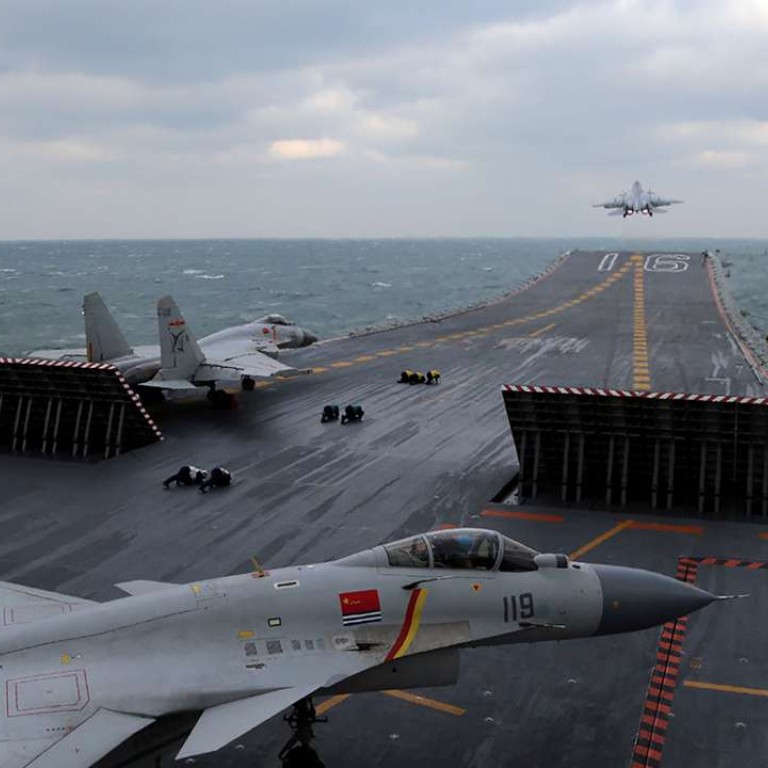
China to set up Asia-Pacific security framework amid growing mistrust among its neighbours
Beijing calls for ‘transparent’ military alliances and avoidance of conflict while continuing to build up its own armed forces
China has vowed to set up an Asia-Pacific security framework and continue building up its armed forces, citing complex security concerns in the region.
In its first policy white paper on Asia-Pacific security cooperation, Beijing said on Wednesday that the present security framework should be upgraded.
Military alliances in the region should be made with transparency and confrontation should be avoided, it says. It also calls for more military exchanges between China and other nations in the region.
“The current security structure in the region is not satisfactory, which has led to mistrust among the nations,” vice foreign minister Liu Zhenmin said.
China faces “diverse and complex security threats” and bears the “arduous task of safeguarding national unity and territorial integrity”, according to the paper.
“Building strong national defences and armed forces that are commensurate with China’s international standing and its security and development interests is a strategic task in China’s modernisation drive,” it says. But China should also continue to “improve existing regional multilateral mechanisms and strengthen the framework for supporting peace and stability in the Asia-Pacific region”.
China has been embroiled in territorial disputes in the East and South China seas in recent years. It has deployed fighter jets and navy vessels around the waters, raising concerns over its use of the military to advance its claims.
But Liu said he believed disputes in the South China Sea had calmed down recently.
At the same time, Beijing was increasingly suspicious of the United States’ strategic intentions, blaming its alliances with China’s neighbours for causing regional instability. “Small and medium-sized countries need not and should not take sides among big countries,” the policy paper says.
The policy white paper criticised Seoul and Washington for installing the Terminal High Altitude Area Defence anti-ballistic missile system.
“Such an act would seriously damage the regional strategic balance and the strategic security interest of China and other nations in the region, and run counter to efforts to maintain peace and stability on the Korean peninsula,” it says.
Ni Lexiong, a military affairs commentator and professor at Shanghai University of Political Science and Law, said the paper was issued amid uncertainties regarding US policies towards Asia under the upcoming administration of Donald Trump.
“China should to take the initiative to make its stance clear that it intends to carry on with peaceful development and maintain regional stability,” Ni said.
“This is essentially a pre-emptive strike to effectively eliminate any excuse for the US to boost its military presence in the region.”
“China will shoulder greater responsibilities for regional and global security, and provide more public security services to the Asia-Pacific region and the world at large,” the paper says.
Additional reporting by Zhuang Pinghui

